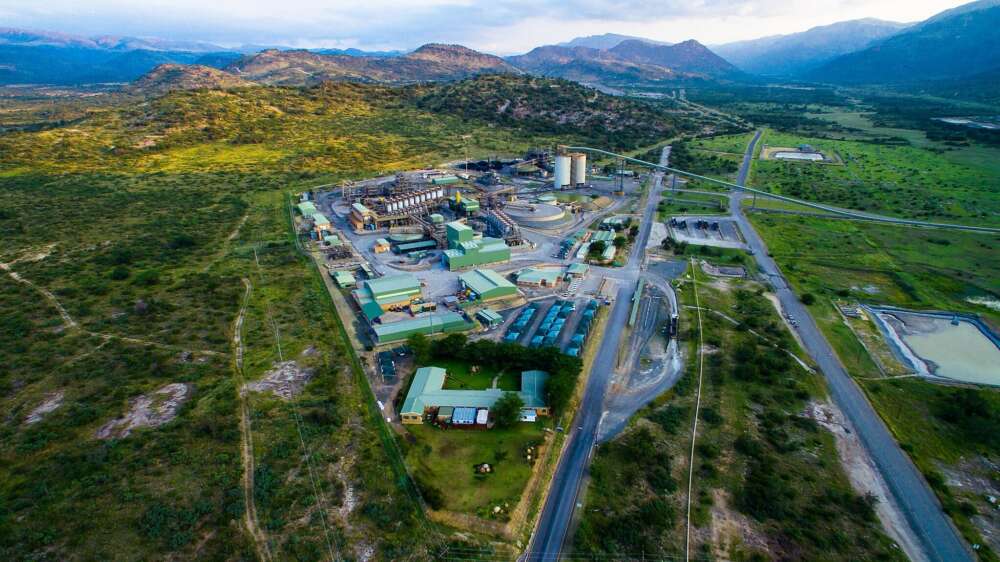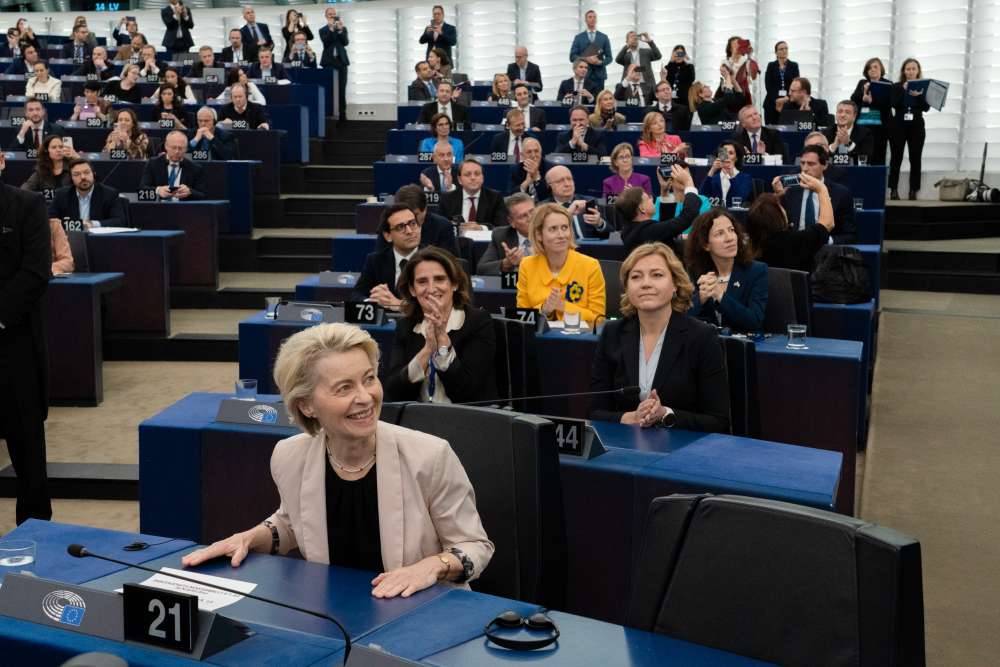Critical Raw Materials: Reducing Strategic Dependencies in Germany and Europe

Project team: Thorsten Benner, Jakob Hensing, Florian Klumpp
Funded by the Otto Wolff Stiftung
Duration: September 2025 - March 2026
Over the past decades, China has become dominant in many critical raw materials supply chains, particularly in midstream segments. In certain cases, Germany is almost entirely reliant on supplies from China. The risks stemming from this dependency have long been evident, yet Germany has made little progress in strengthening its resilience. On the contrary, in 2025, German vulnerabilities became exceedingly clear when Chinese export restrictions on rare earths (issued in response to US tariffs) caught industries like the automotive sector unprepared, prompting warnings of imminent production stoppages.
The problem does not lie in a lack of knowledge. From expanding domestic extraction and processing, to diversifying international partnerships, investing in recycling, and creating strategic stockpiles – the main levers for mitigation are well-known. Still, Germany’s shift from “just-in-time” efficiency to “just-in-case” resilience has so far been hesitant and incomplete.
This project investigates why past German initiatives failed to deliver and how we can use these examples to improve today. To this end, it examines structural obstacles to reducing dependencies in both government and industry, while drawing on instructive lessons from other national case-studies.
By building on these insights, the project identifies concrete pathways for Germany to strengthen its resilience, in cooperation with European and international partners. We aim to both equip policymakers and industry leaders in Germany with actionable recommendations and contribute to the European debate on resilience and strategic autonomy in critical raw materials supply.
For more information, please contact Thorsten Benner.







